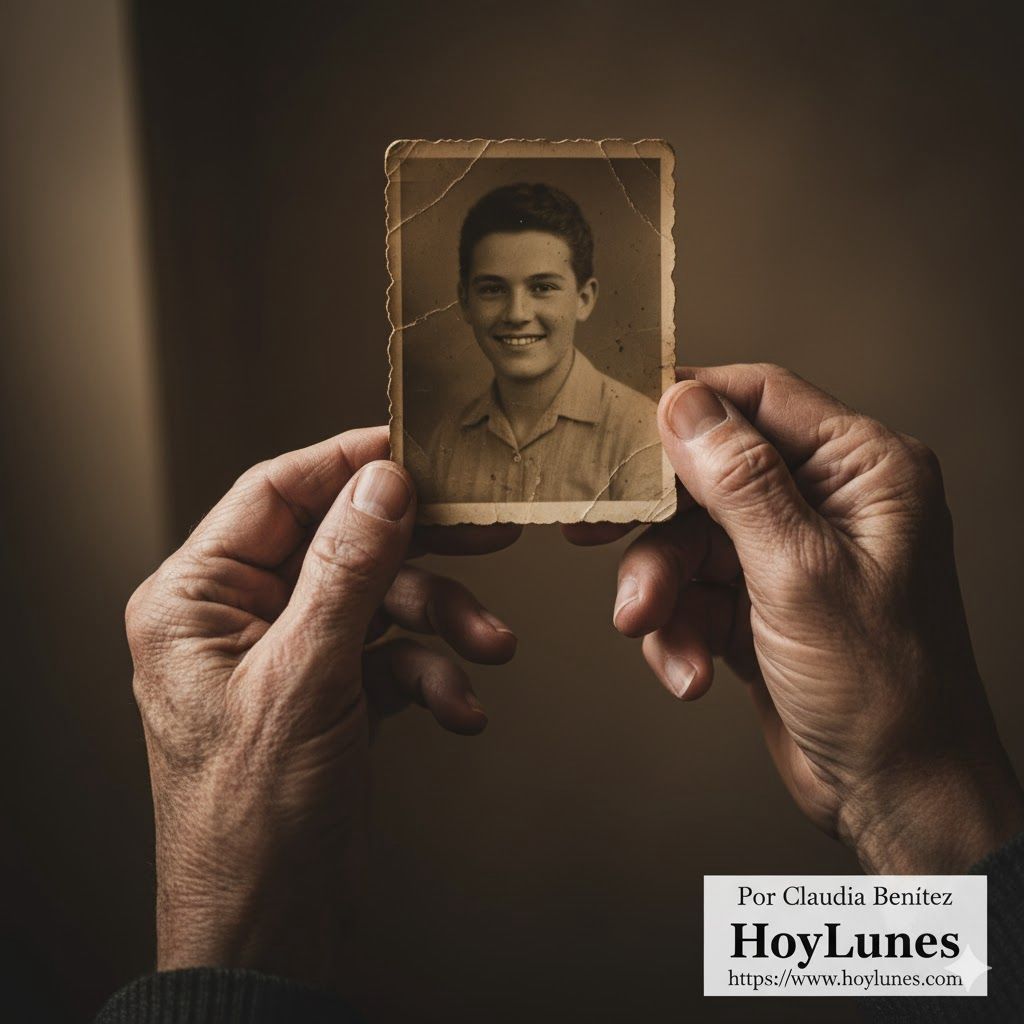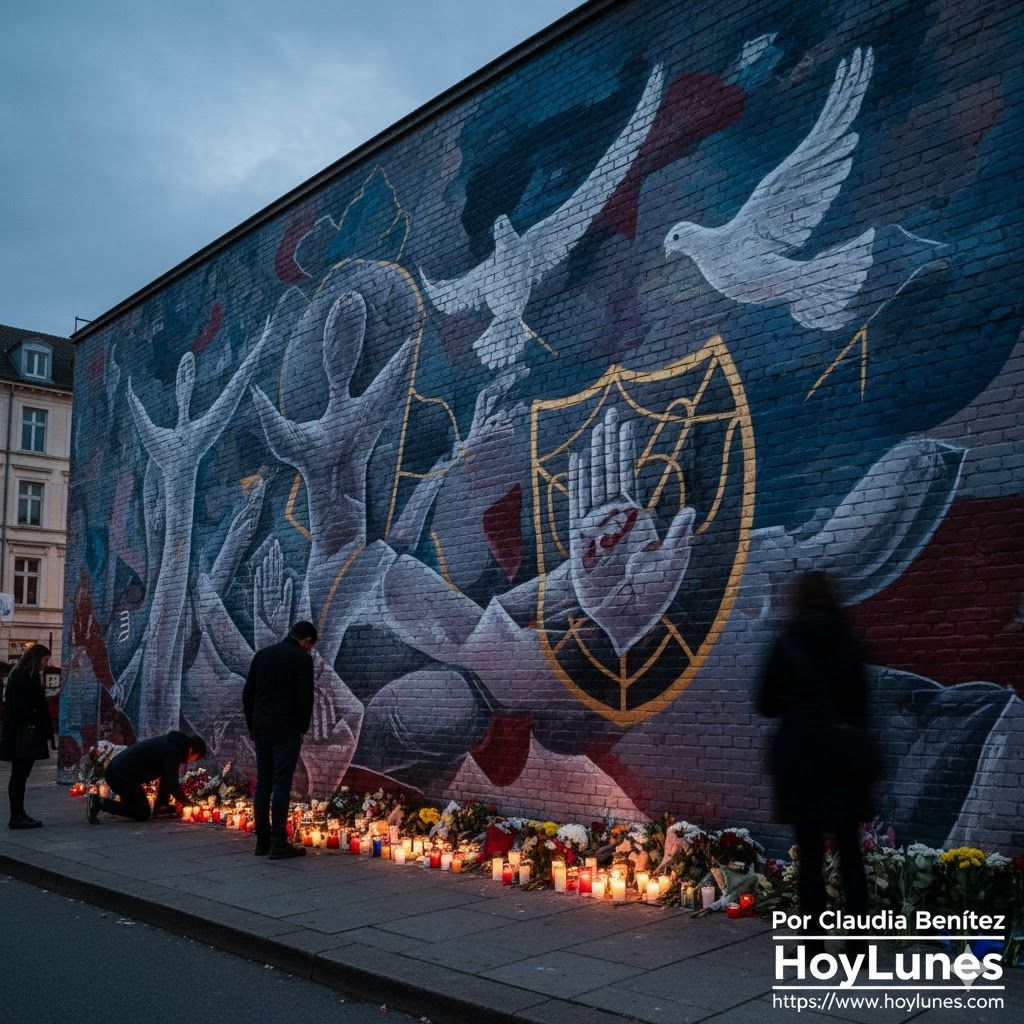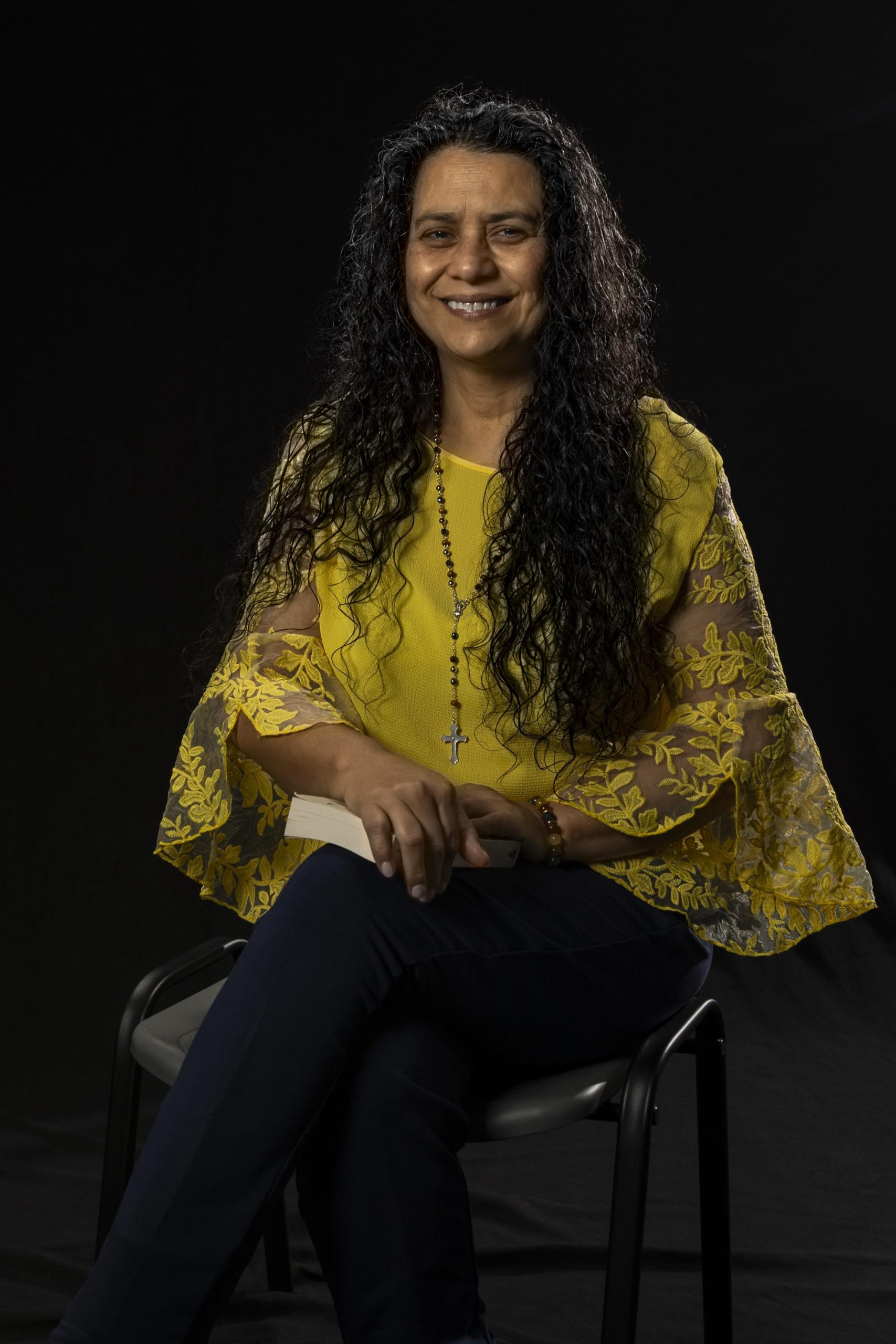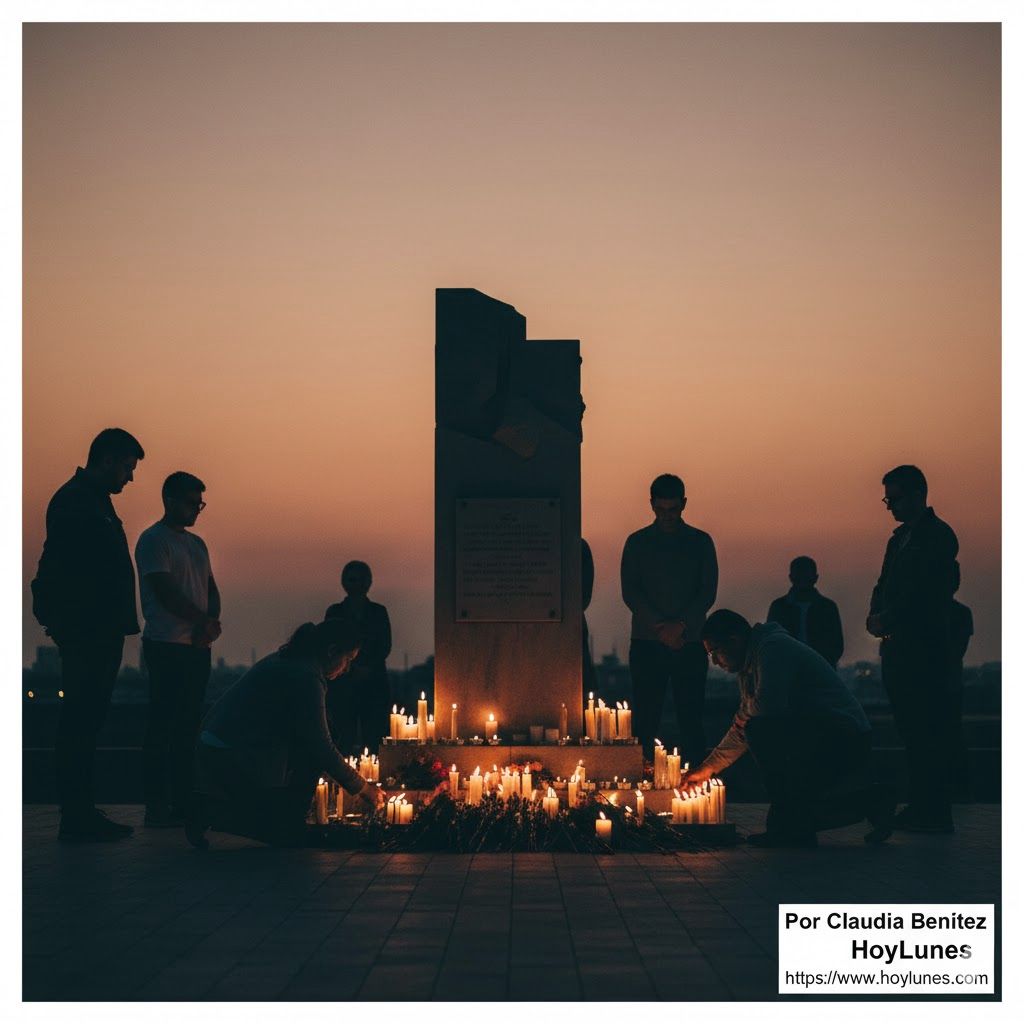In a world that sways between the noise of the present and the shadows of the past, commemorating becomes an act of ethical resistance: a living reminder that peace is not inherited, it is built, and that each gesture —a flower, a name, a silence— sustains the fragile promise of a more humane future.
By Claudia Benítez
HoyLunes – We are submerged in our present, full of memories and commemorations. Every year we take part in collective or individual ceremonies to pay tribute to our disappeared. We keep silent, light candles, place flowers before monuments and altars, pronounce names with the hope that time will not erase them.
These gestures, seemingly simple, contain a profound meaning: to remember in order to try not to repeat the same mistakes.
Commemorating memory is not only a symbolic act, but an ethical affirmation of our humanity.
Pain dissolves among the news; conflicts continue despite scientific and social advances. And we keep resisting by keeping memory alive, honoring the victims and recognizing the value of truth.

Wars do not end with peace treaties; their consequences span generations, in the bodies of those who survived, in the absences they leave behind, in the silences within families and in the territories marked by loss.
Collective memory fulfills here an essential function: preventing horror from becoming normalized, reminding us that “it happened, therefore it can happen again.” Remembering does not mean reliving pain, but learning from it.
In November, the endings of many horrors converge. In Europe, November 11 marks Armistice Day, which commemorates the end of the First World War. In Latin America, several countries remember the wars of independence, but also the victims of internal conflicts or dictatorships through days of memory or museums of truth. In Asia, Africa and the Middle East, ceremonies take on their own nuances, though they share the same message: war leaves scars that must not be forgotten.
To this are added tragic disappearances, the attacks that have marked our lives, the mothers who continue searching for their children, the young people who study history to understand their present, and the artists who transform pain into creation. Each act of memory, however small, contributes to building a collective consciousness of peace.

Commemorating is not an act of the past: it is a responsibility of the present.
Today, as the world once again faces armed conflicts, forced displacement and speeches of hatred, the memory of past wars takes on renewed value.
It reminds us what is at stake when empathy is lost, when human life stops having value, when violence is justified in the name of identity or power.
Remembering wars does not mean glorifying them. It means looking at them directly, with their consequences, their mistakes and their lessons. Only then can we aspire to coexistence based on respect and dignity.
Memory is not nostalgia: it is awareness.
Commemorating the memory of wars means recognizing that peace is not inherited: it is built and cultivated day by day. Each act of memory, whether a flower, a word or a silence, is a way of saying that the lives lost matter, that history cannot repeat itself, that human suffering deserves to be heard.
We move from pain to joy in a second, and to calm the tormented body, we prepare for celebration. Remembering does not chain us to the past; it opens our eyes to the future.
And in that future, memory is the most fertile seed of peace.

#hoylunes, #claudia_benitez



